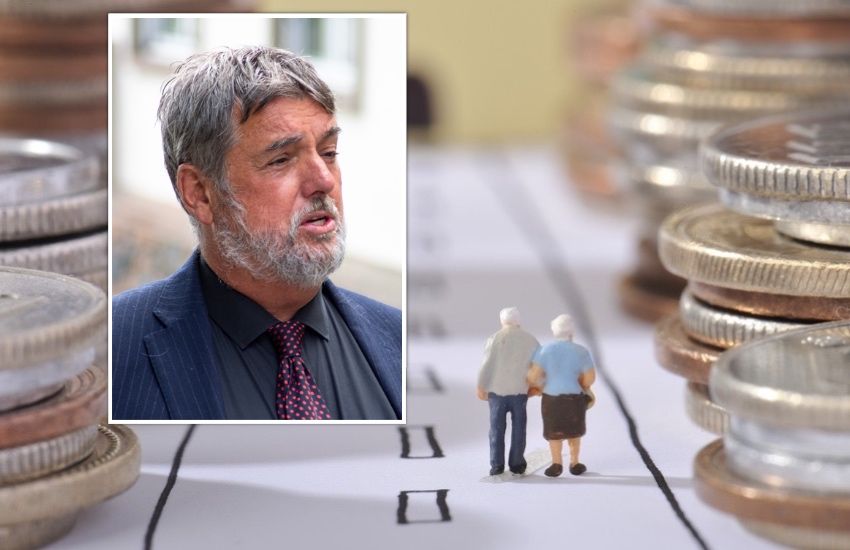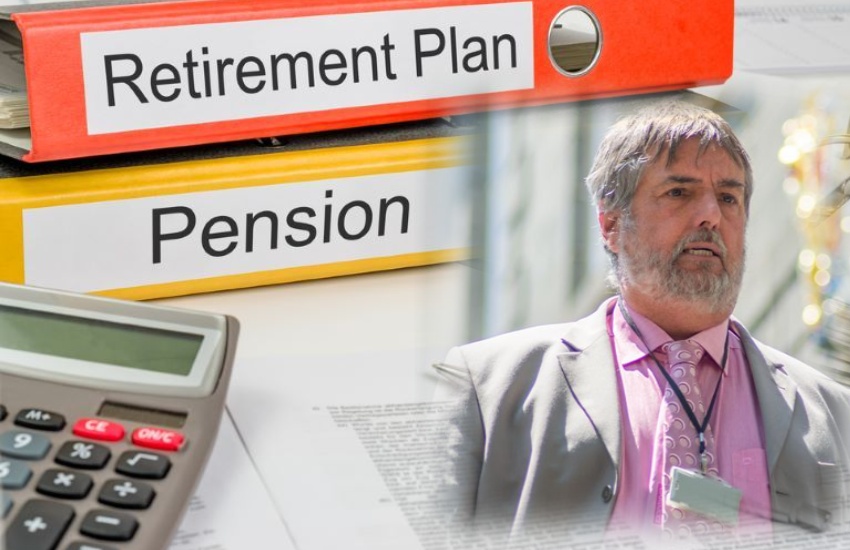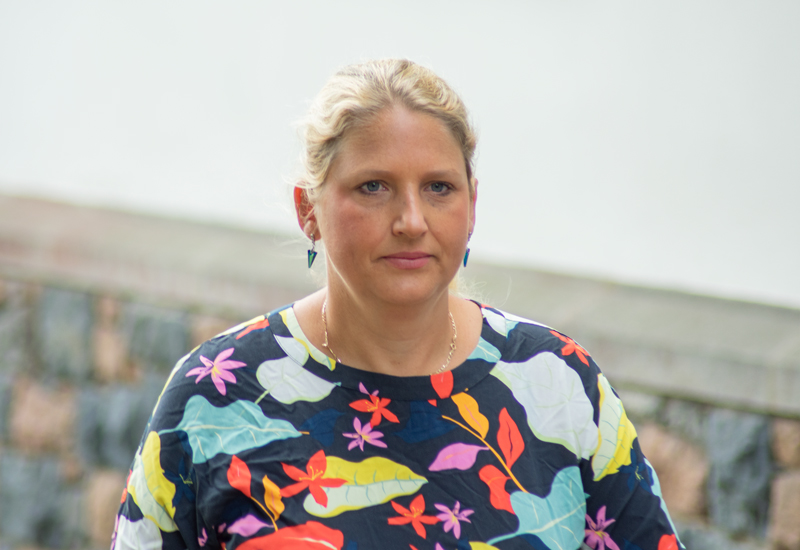


A secondary pensions scheme will be introduced in Guernsey, offering thousands of people without an occupational savings plan a retirement scheme.
The States delayed making a decision on it earlier this year, but Deputies strongly supported the proposals on its return to the Assembly, approving its introduction by 34 to four votes yesterday afternoon.
Opponents of that delay suggested the States were effectively “kicking the can down the road”.
The four deputies who voted against introducing the secondary pension scheme yesterday had also voted to delay debate in May.
Deputies were invited to a presentation by a UK pensions expert in-between the sursis and the second debate. Several politicians who were previously sceptical, including Deputy Neil Inder, said they would support the proposals following the briefing.
Once it was clear the scheme would be approved, the President of the Committee for Employment & Social Security, Deputy Peter Roffey, labelled the scheme “an enormous step forward in social policy”, and whilst benefits would only be felt in the decades to come “our children and grandchildren will really thank us for this”.

Pictured: The scheme has been in the pipeline for multiple States' terms.
Deputy Roffey admitted that “the scheme will take many years to be fully introduced” with an 8-year implementation period planned.
The scheme, which is being administered by Sovereign, will come into force in January 2024, initially only for large companies. It will be further rolled out to remaining businesses gradually, and employer/employee contribution rates will increase over time.
Figures presented to the States previously suggested that in the first year of the scheme employees and employers would both pay 1% of the employees' salary into his or her new pension pot.
Contribution rates would then increase over the following seven years. If the scheme started in 2023, contribution rates by the year 2030 would be 6.5% for the employee and 3.5% for the employer.
This means that in the long term an employee with a salary of £50,000 would pay £3,250 per year into his or her secondary pension pot and the employer would pay £1,750 per year - a total of £5,000 annually.
Employers contributing to private occupational pension schemes already would not be compelled to join the States' secondary pension scheme.

Pictured: Deputy Roffey led the finished proposals through the States.
Deputy Roffey reintroduced the proposal to the Assembly yesterday, saying he felt a sense of “deja-vu”.
“The community as a whole will see a massive increase in the amount that people save for their retirement, and as a result of that over time pensioner poverty will be greatly reduced. Pensioner poverty is far more pronounced amongst those who do not have an occupational pension and instead rely just on the state pension,” he said.
“Future generations of pensioners will have far more disposable income to allow them to enjoy life through discretionary spending, and that’s important in two ways; making their quality of life an awful lot better but, as a result of that extra spending power, in an ageing demographic, the economic future for those provided goods and services will also be greatly improved."
Deputy Roffey added that the downsides of the scheme include a short-term reduction in spending power from the economy and a hit in States’ revenues since occupational pensions are tax deductible.
“But all saving does that, but we still rightly regard it as a good thing and encourage it,” he said, adding “the same is true for those who already have a pension”.
Deputy Peter Ferbrache, who previously voted to delay the debate, said it was the right decision at the time since the population debate and tax review have progressed since then.
“We should have done something about this a long time ago, but I don’t think anyone really considered the demographic challenges at the time,” he said.

Pictured: Deputies Meerveld and Dudley-Owen led efforts to delay the debate earlier in the year.
Deputy David de Lisle did not support the scheme, fearing it would place undue pressure on people and businesses at time of declining living standards and disposable income.
“Secondary pensions will be placing another burden on business and individuals at the most challenging of times… I worry about the impact on the high street because consumer behaviour has changed on the high street and now is not the time for increased pressure," he said.
“I ask that people consider very carefully the effect on the economy generally and on disposable incomes.”
Deputy Carl Meerveld, who proposed the May sursis, also did not support the scheme as the tax review debate has still not happened - one of the reasons why he sought to delay its implementation in May
“Whilst I recognise all the benefits of secondary pensions and the need in the long term, I do have issues with introducing it now… I will reluctantly be voting against it.”
However, Deputy Andrea Dudley Owen, seconder of the sursis, threw her support behind the scheme yesterday: “With some reservations because of the financial doldrums we are entering into… I’m really pleased that delay has happened, we have a better idea of what the tax review will present to us”.

Pictured: Deputy Oliver said saving early is the right thing to do.
Deputy Victoria Oliver was mindful of others concerns around removing extra disposable income from the public but said the presentation had illuminated the benefits of long-term investments to her.
“If it is difficult now, what it's going to be like in 30, 40, 50 years’ time when I don’t have any pensions to rely on… I’d prefer to have it hard now knowing it might not be as hard in the future,” said Deputy Oliver.
“There’s never going to be a right time for this… unfortunately we all just need to tighten our belts and actually do put some money aside for the future.”
Pour: Aldwell, Blin, Brouard, Burford, Cameron, De Sausmarez, Dudley-Owen, Dyke, Fairclough, Falla, Ferbrache, Gabriel, Gollop, Haskins, Inder, Kazantseva-Miller, Le Tissier, Le Tocq, Mahoney, Matthews, Moakes, Murray, Oliver, Parkinson, Prow, Queripel, Roberts, Roffey, Snowdon, Soulsby, St Pier, Taylor, Trott, Vermeulen.
Contre: De Lisle, Leadbeater, McKenna, Meerveld.
Absent: Bury, Helyar.
Comments
Comments on this story express the views of the commentator only, not Bailiwick Publishing. We are unable to guarantee the accuracy of any of those comments.